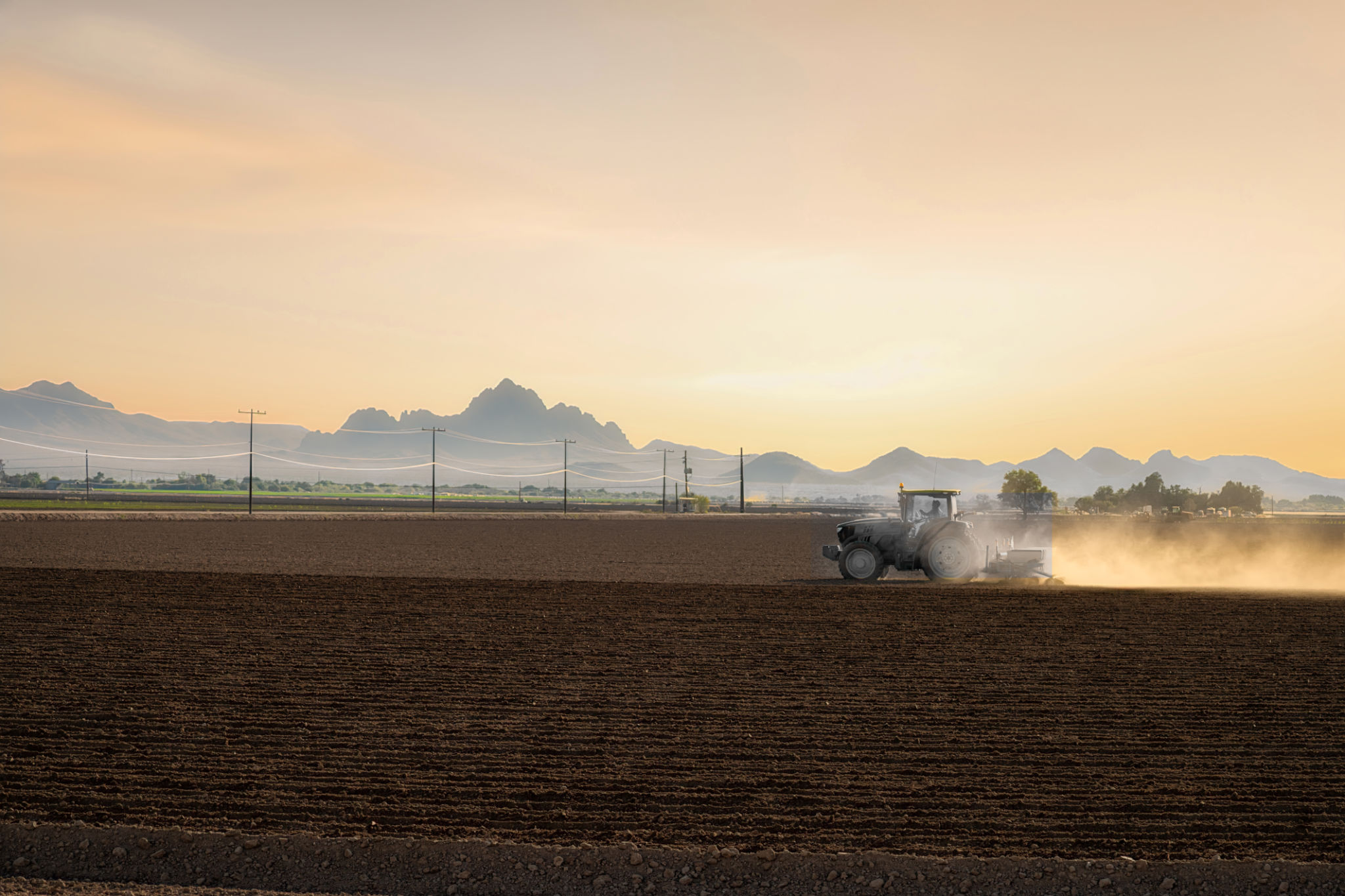Seasonal Planting Tips: Thriving in Tucson’s Unique Climate
Understanding Tucson's Climate
Tucson, Arizona, is renowned for its arid climate, characterized by hot summers and mild winters. This unique environment poses both challenges and opportunities for gardeners. Understanding the local climate is essential for successful planting. The region experiences two distinct growing seasons: spring and fall, with summer being extremely hot and winter relatively mild.

Spring Planting Tips
The spring season in Tucson begins as early as February. This is the ideal time to start planting because the soil begins to warm up, and the risk of frost diminishes. Cool-weather crops such as lettuce, spinach, and carrots thrive during this period. It's crucial to plant these early to take advantage of the cooler temperatures before the intense heat of summer sets in.
In March and April, consider planting warm-weather crops like tomatoes, peppers, and squash. Ensure you provide ample water and mulch to retain soil moisture as temperatures start to rise. Mulching not only conserves moisture but also helps in controlling weeds and maintaining soil temperature.
Summer Survival Strategies
Gardening in Tucson during summer can be challenging due to extreme heat. However, by choosing heat-tolerant plants such as succulents, cacti, and certain native flowers, you can still maintain a vibrant garden. Providing shade using cloths or shade structures can also protect plants from scorching sun exposure.

Watering becomes crucial in summer. Early morning or late evening watering is recommended to minimize evaporation. Consider installing a drip irrigation system for efficient water use. Additionally, applying a thick layer of mulch can help keep the soil cool and retain moisture.
Fall Planting Opportunities
As temperatures begin to cool in late September and October, it's time to start planting fall crops. Root vegetables such as beets, radishes, and turnips do well during this season. Leafy greens like kale and chard can also be sown for a bountiful harvest.
Fall is an excellent time for planting perennials and shrubs since the cooler temperatures reduce plant stress and encourage root development. This preparation will ensure they are well-established by the time spring arrives.

Winter Care for Your Garden
Although winters in Tucson are mild, occasional frosts can occur. Protect sensitive plants by covering them with frost cloths or moving potted plants indoors or to sheltered areas. Winter is also a good time to prune certain trees and shrubs, as they are dormant and less susceptible to stress from pruning.
Using this time for soil preparation by adding organic matter like compost can enhance soil fertility for the coming planting seasons. Winter is also a great time to plan your garden layout for spring, ordering seeds, and preparing any necessary gardening structures.
Embrace Native Plants
One of the best strategies for thriving in Tucson's climate is incorporating native plants into your garden. These plants are naturally adapted to the local conditions and require less water and maintenance. Options include desert marigold, penstemon, and agave.
Native plants not only conserve resources but also attract local wildlife, providing a habitat for pollinators such as bees and butterflies. This approach enhances biodiversity and creates a dynamic ecosystem within your garden.